Table of Contents:
- Understanding Screen Time for Kids
- The Impact of Excessive Screen Time
- Recommended Screen Time for Kids
- Balancing Screen Time with Educational Play
- Educational Toys: A Powerful Alternative
We live in a world dominated by technology, and the issue of growing screen time for kids has become a significant challenge for parents. Technology provides several educational benefits. However, establishing a balance between screen time and play is important for the child’s overall growth. This blog is about balancing screen time and includes some ideas on how to integrate educational toys for your child’s active playing.
Understanding screen time for kids
In recent years, the growing relevance of various electronic devices has led to increased screen time for kids, making it essential for parents to understand its implications. Screen time is the time that children spend in front of devices like televisions, tablets, smartphones, and computers. While limited screen time provides several educational benefits, excess usage of these devices can have an adverse impact on your child’s growth. Therefore, parents need to be aware of the consequences.
The impact of excessive screen time
Too much screen time for kids can have several negative consequences:
- Lack of physical movement and rising incidence of obesity.
- Lack of sleep or disturbed sleep.
- Late development of language and communication skills.
- Decline in retention span and reduced thinking abilities.
- Eye strain and vision problems.
Such risks explain why parental guidance is necessary for limiting screen time for kids. Finding alternative activities like hands-on play with educational toys is important to keep kids engaged.
Recommended screen time for kids
The World Health Organization (WHO) and the American Academy of Pediatrics (AAP) provide guidelines for recommended screen time for kids:
- Under 18 months: Limit screen time use except video-calling a loved one.
- 18-24 months: Limit high-quality programming offered with parental supervision.
- 2-5 years: No more than 60 minutes per day.
The above guidelines are the basic framework for balancing screen time; however, it is necessary to personalise them according to your children’s interests.
Balancing screen time with educational play
Balancing Screen Time is not only about limiting; it is about providing the child with suitable activities to ensure they do not spend all their time on electronics. Here are some strategies for achieving this balance:
- Parents should ensure they set limits on screen time spent by their children.
- Parents could encourage outdoor play and physical activities in children.
- Parents could encourage the use of educational toys that promote hands-on learning.
- Parents could help their preschoolers engage in engaging family activities.
- Parents could establish tech-free zones at home for their little ones.
Educational Toys: A Powerful alternative
Educational toys provide a great opportunity to reduce screen time for kids while helping their learning and growth. You can consider the following options:
- Building Blocks and Construction Sets:
- Puzzles:
- Art Supplies:
- Board Games:
- Science Kits:
- Pretend Play Sets:
These toys are perfect for limiting screen time for kids while encouraging spatial understanding, imaginative thinking, and logic. Their gross and fine motor skills and hand-eye coordination develop when children stack, arrange and build. As opposed to screen time, construction play helps preschoolers to think actively. Building blocks also stimulate their mind and body more healthily.
Puzzles are perfect for reducing screen time and encouraging children to develop their thinking skills. They challenge kids’ problem-solving skills, spatial thinking, and patience to an all-new level. As preschoolers fit pieces together, they build patience and gain a sense of achievement. Therefore, puzzles are the best alternative for screen time in kids.
Crayons, paints, and modelling clay present a colourful prospect when balancing screen time. Art activities promote the control of ideas, improve imagination, and improve hand-eye coordination. Unlike watching screens continuously, art evokes all senses and helps kids create masterpieces. Therefore, creativity boosts their confidence.
These games are perfect for limiting screen time for kids. Board games help build social skills, such as patience and strategising. They also provide chances for family bonding. Board games also introduce preschoolers to the concept of sportsmanship at a young age. Moreover, board games create a fun environment that cannot be matched with screen time.
Science kits for kids of different ages are ideal for reducing screen time. These kits enable children of preschool age to manipulate objects and use their thinking and learning abilities. Science kits are engaging as opposed to continuous screen time.
Toys that stimulate pretend play, such as kitchen play sets or doctor kits, are instrumental in balancing screen time. They trigger preschoolers’ imagination, language, and social awareness. When children mimic situations, they develop empathy, which cannot be gained from a screen. When you introduce these toys into your child’s routine, you are limiting screen time and improving their learning experience.
Balancing screen time is a continuous process that involves patience and discipline. By being aware of how much screen time is good for kids, parents can practise techniques to limit screen time and create a supportive environment that supports their development.
At Mother’s Pet Kindergarten, we know the balance between screen time usage and educational activities. We have an excellent combination of digital learning and hands-on educational activities for kids. Our approach includes a balance of physical play and social interaction.
Every child is special, and a one-size-fits-all approach to parenting is rare. The important factor to remember is to be flexible, observe your child’s screen time, and make changes accordingly. By carefully managing screen time, you build your child’s physical and mental well-being throughout their lifetime.

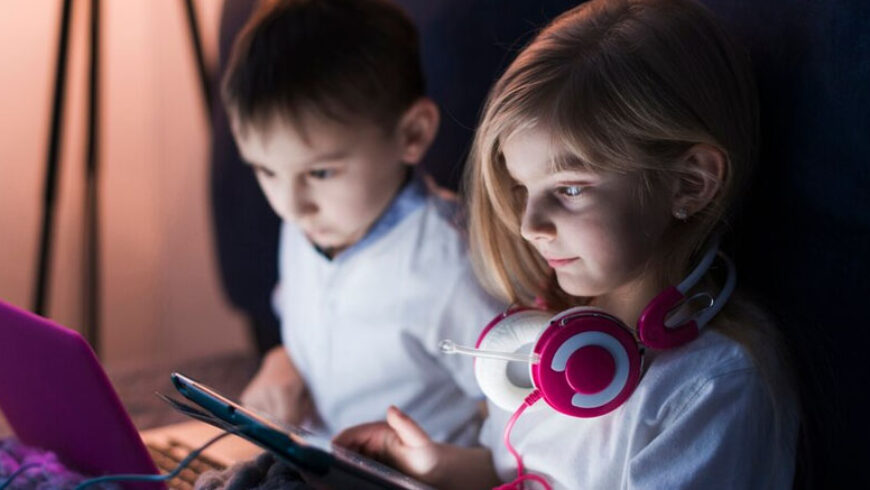




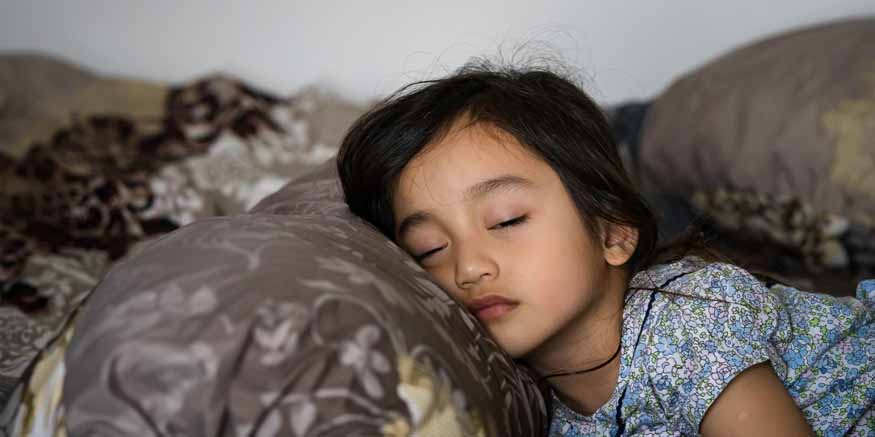
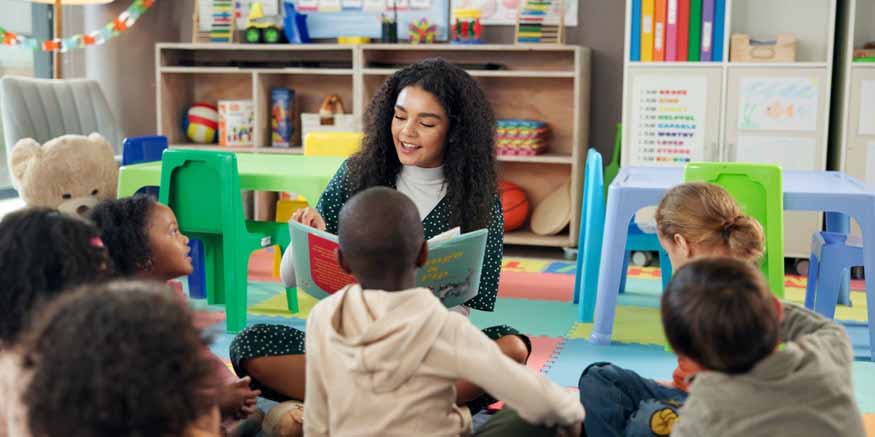
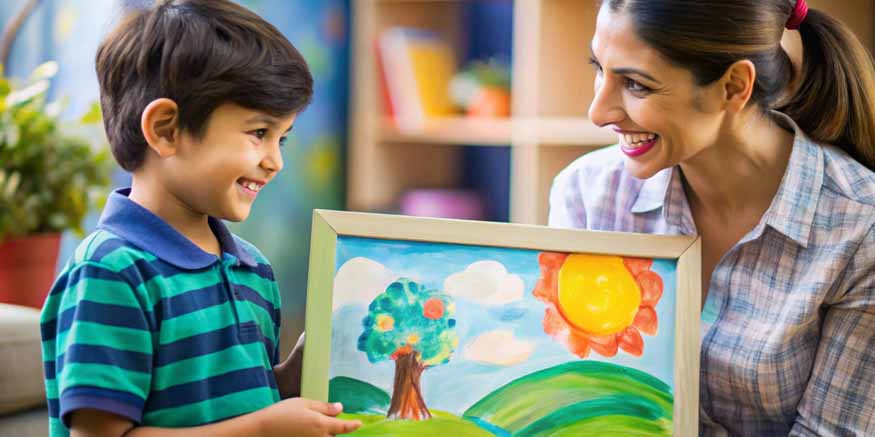
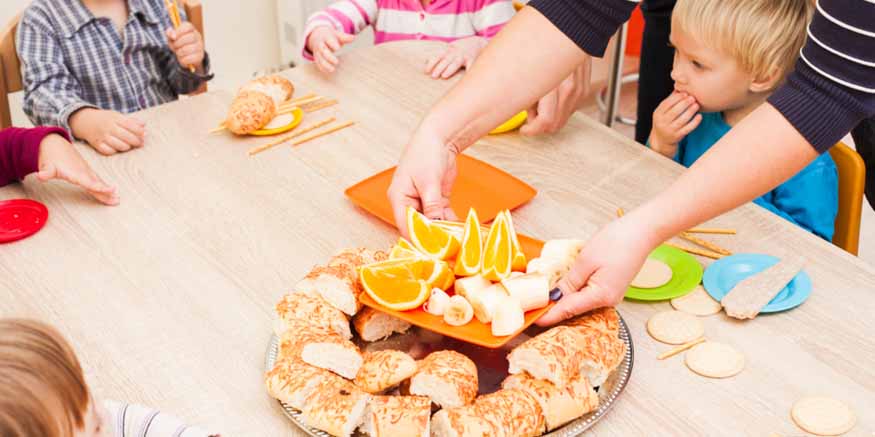

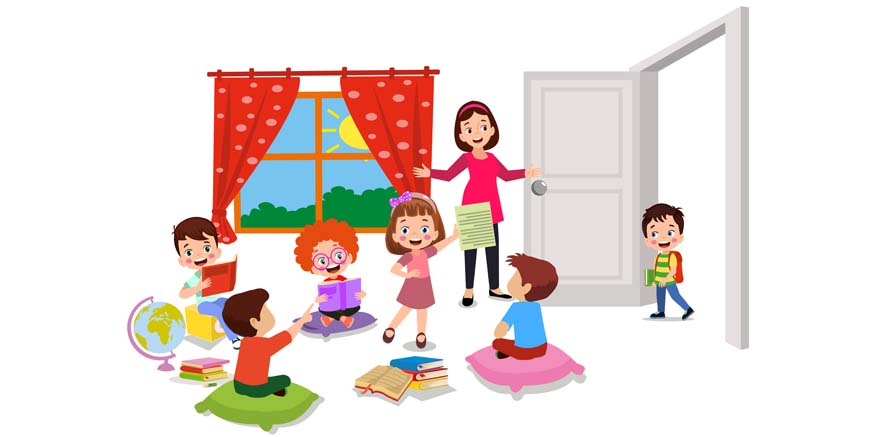
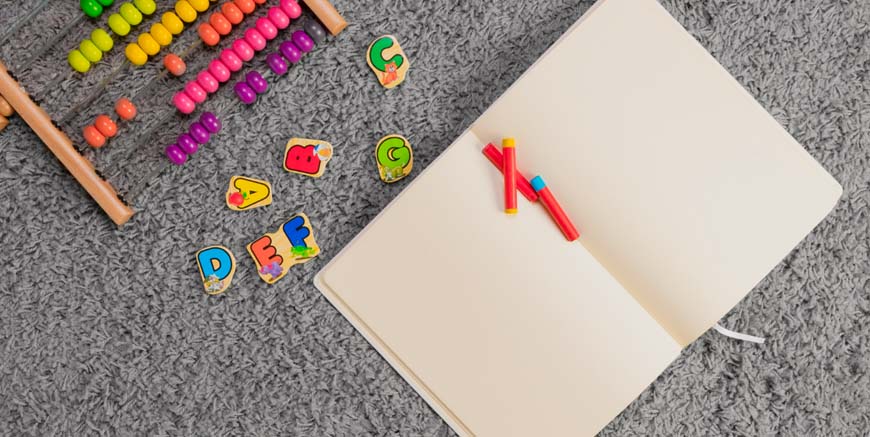
Recent Comments